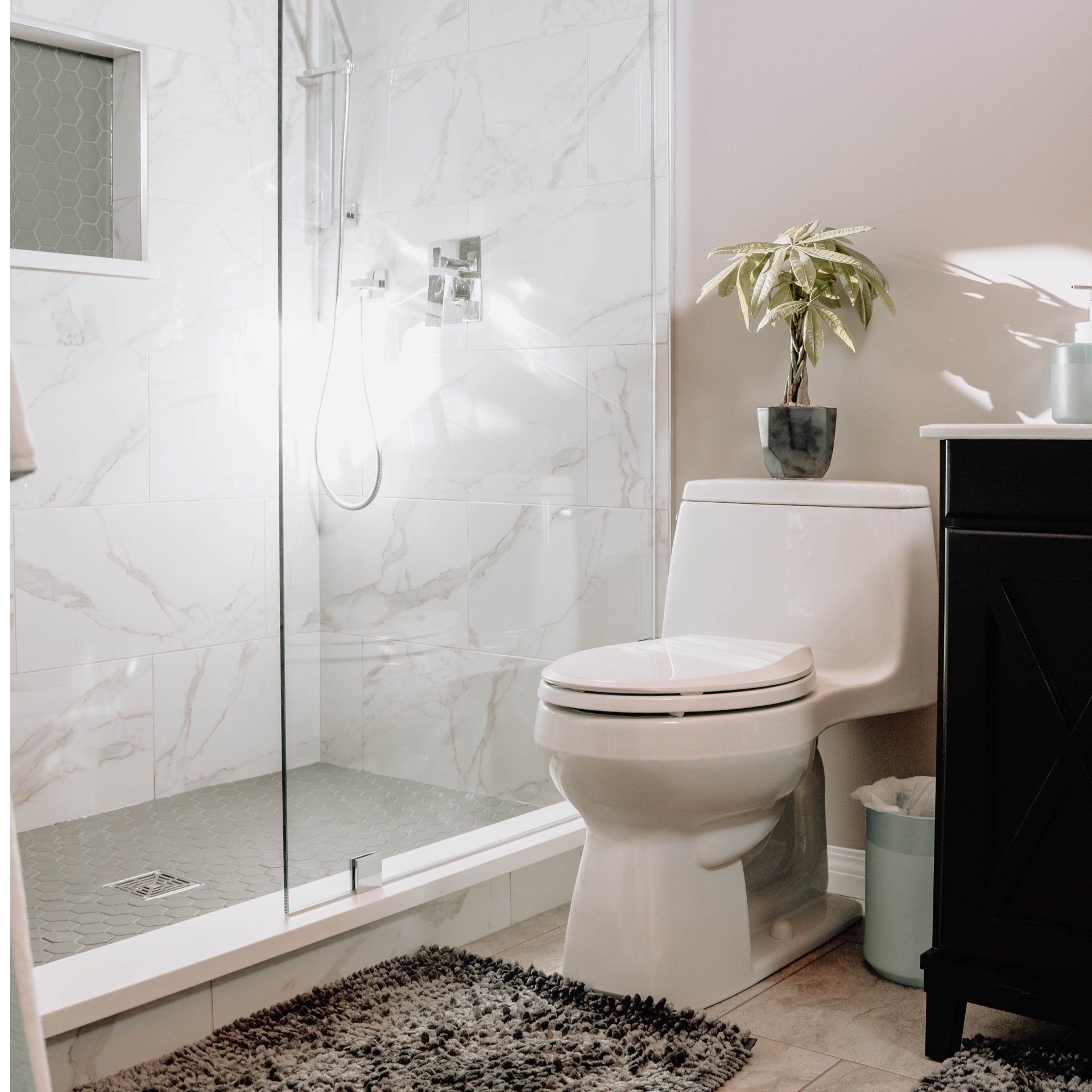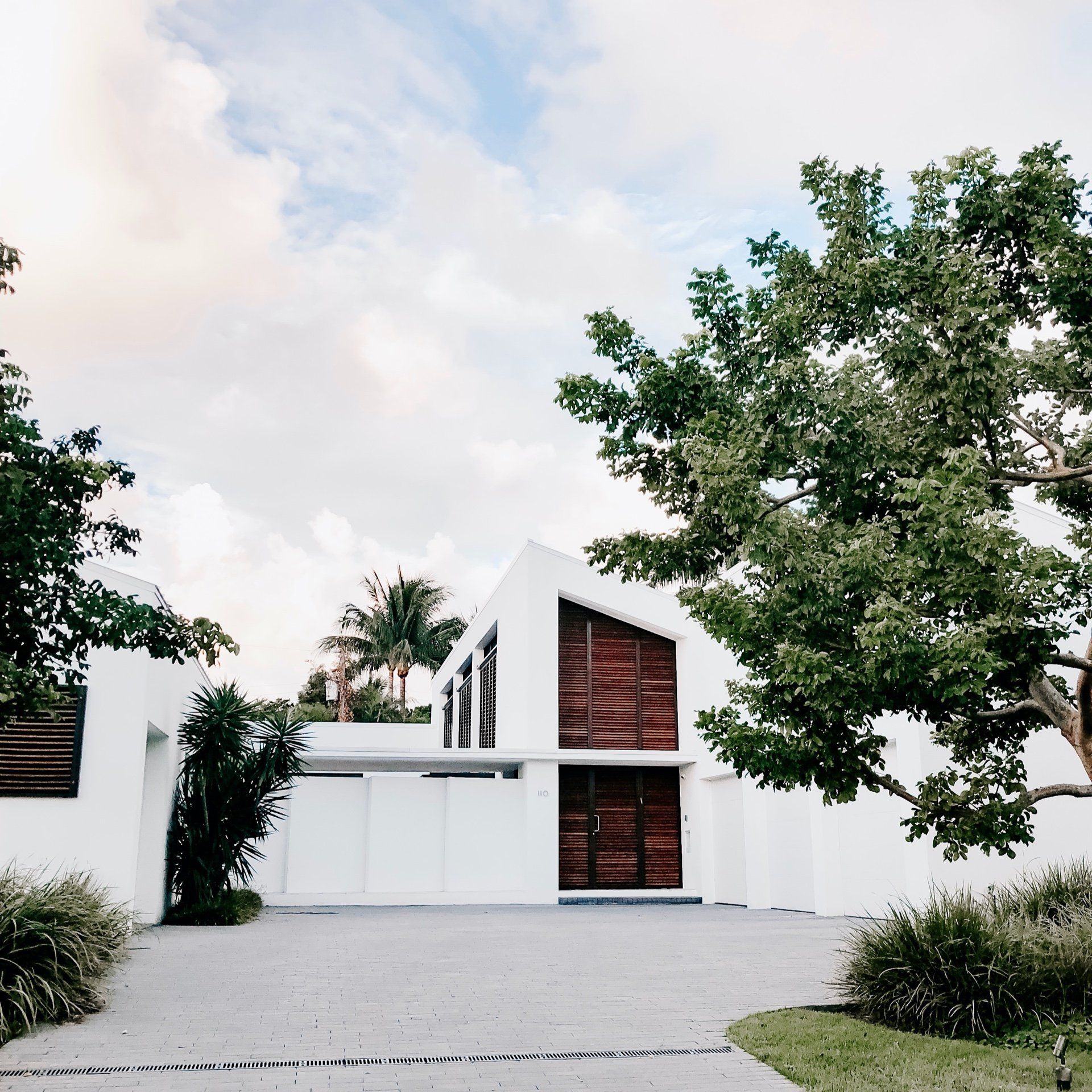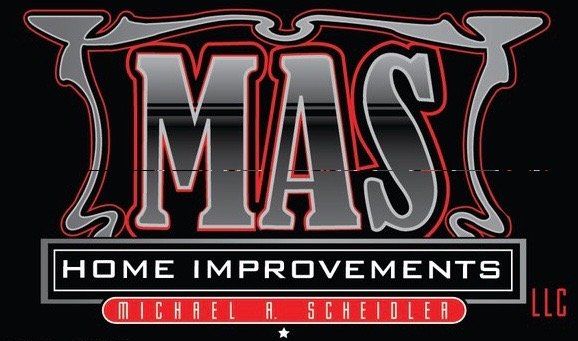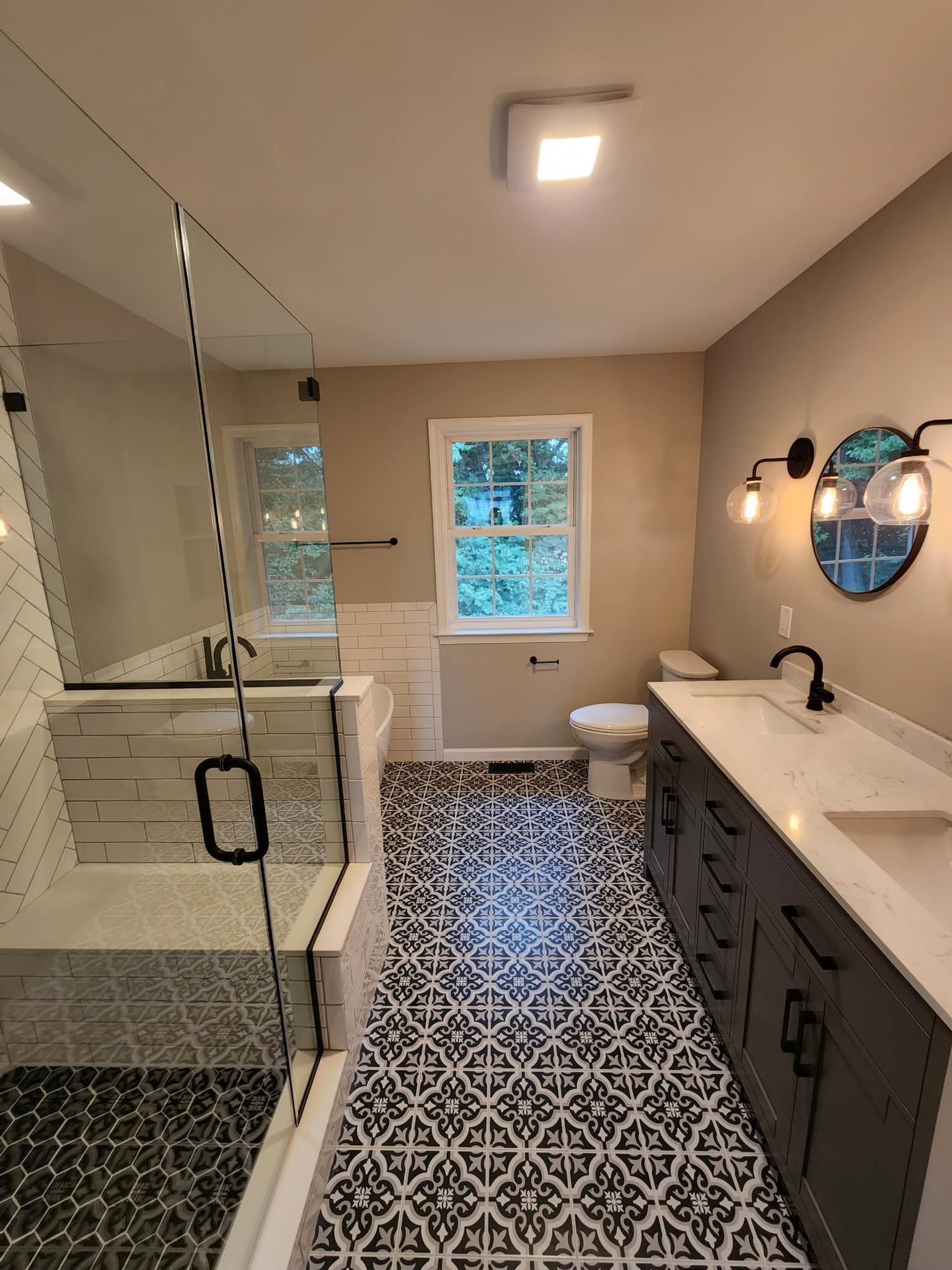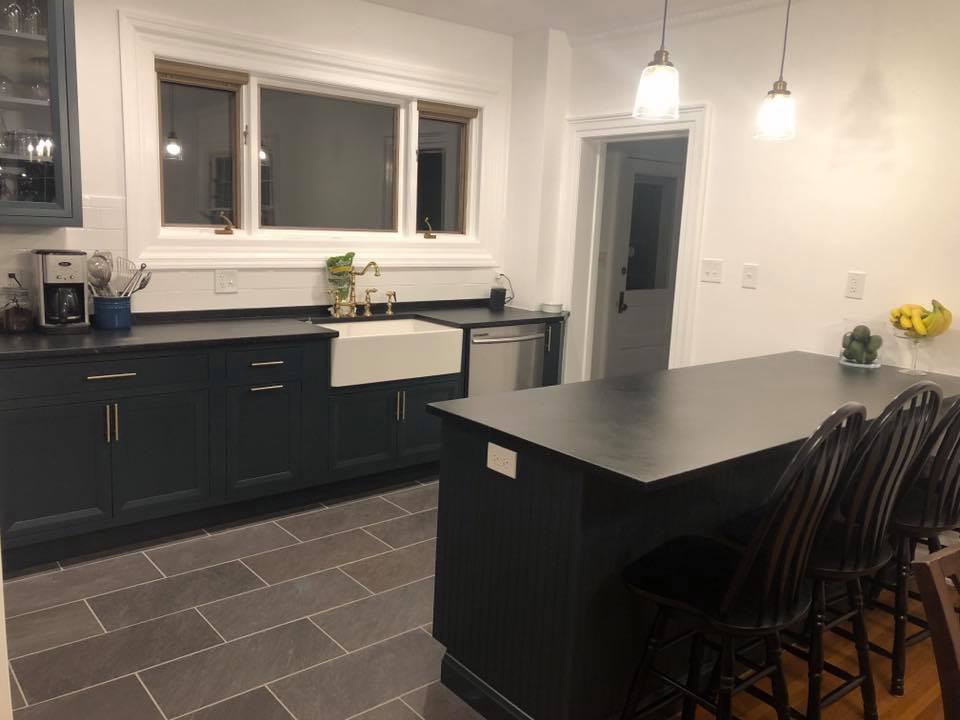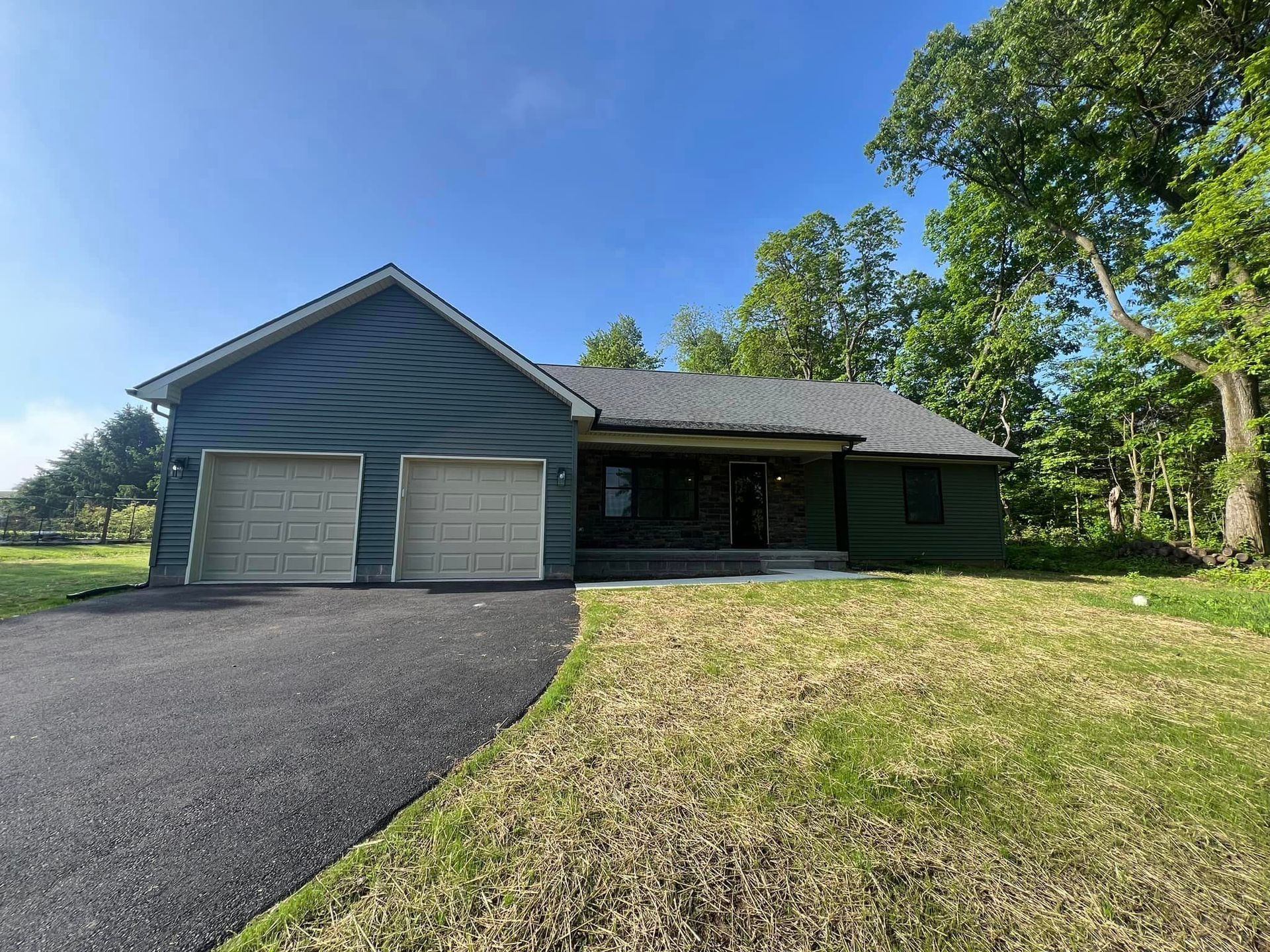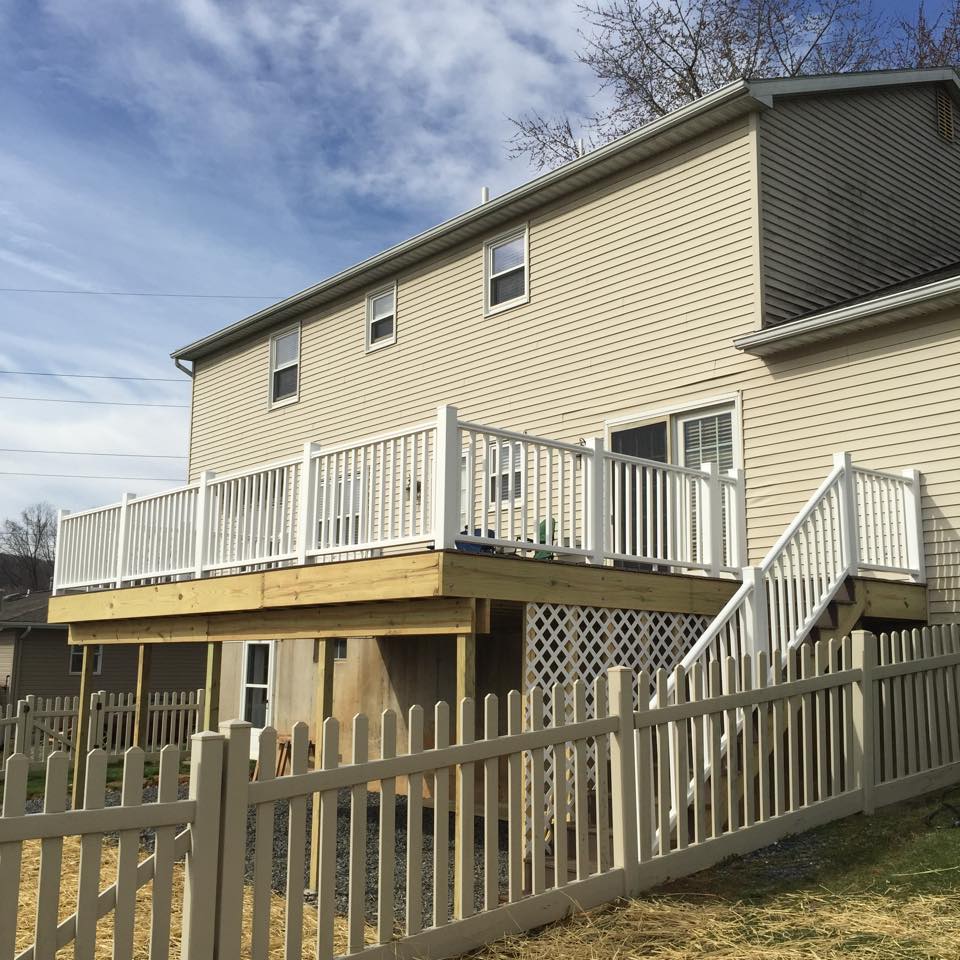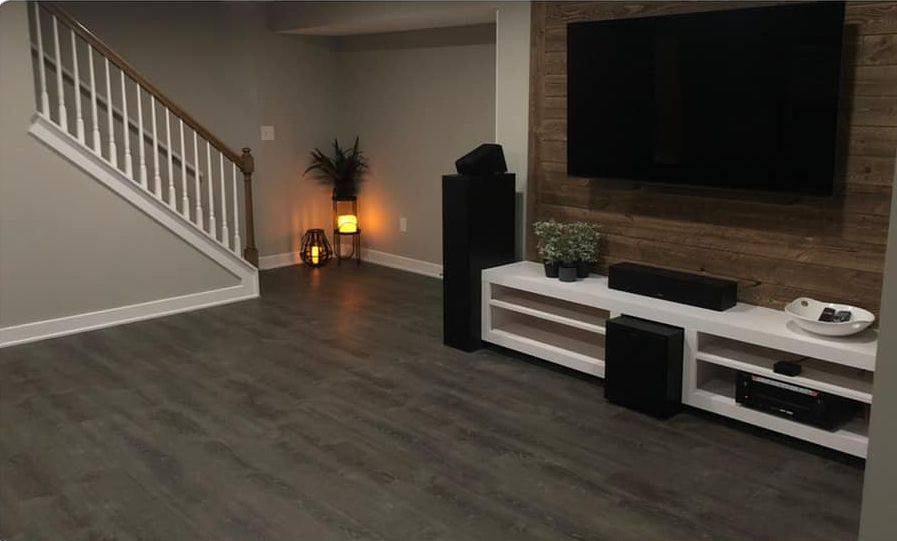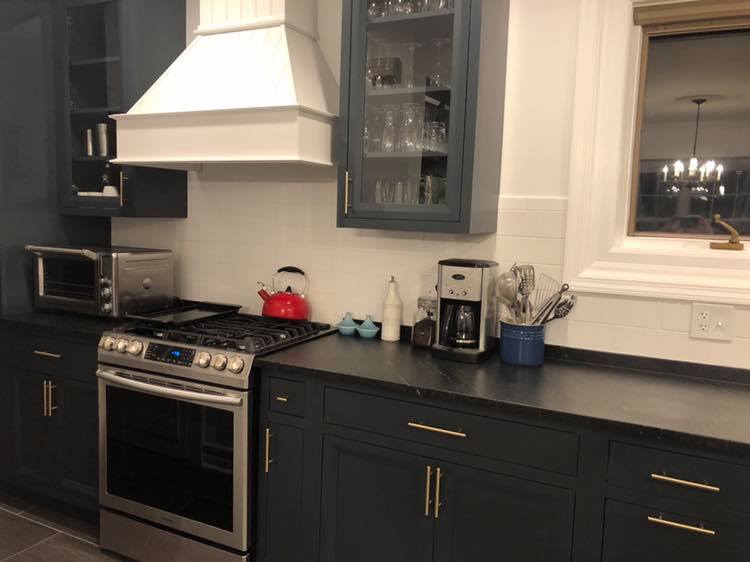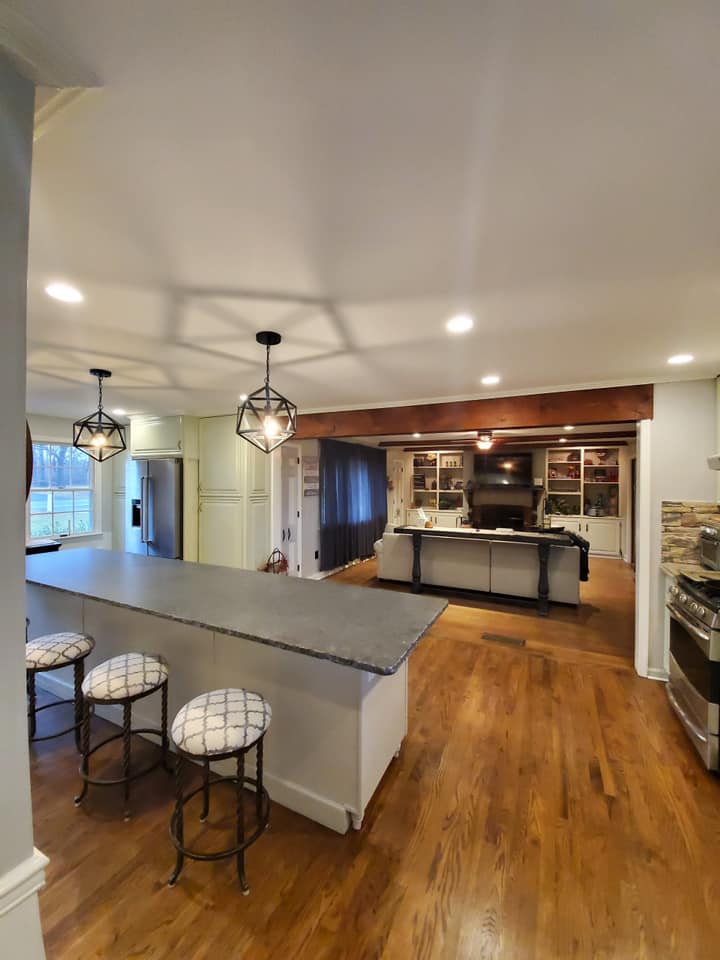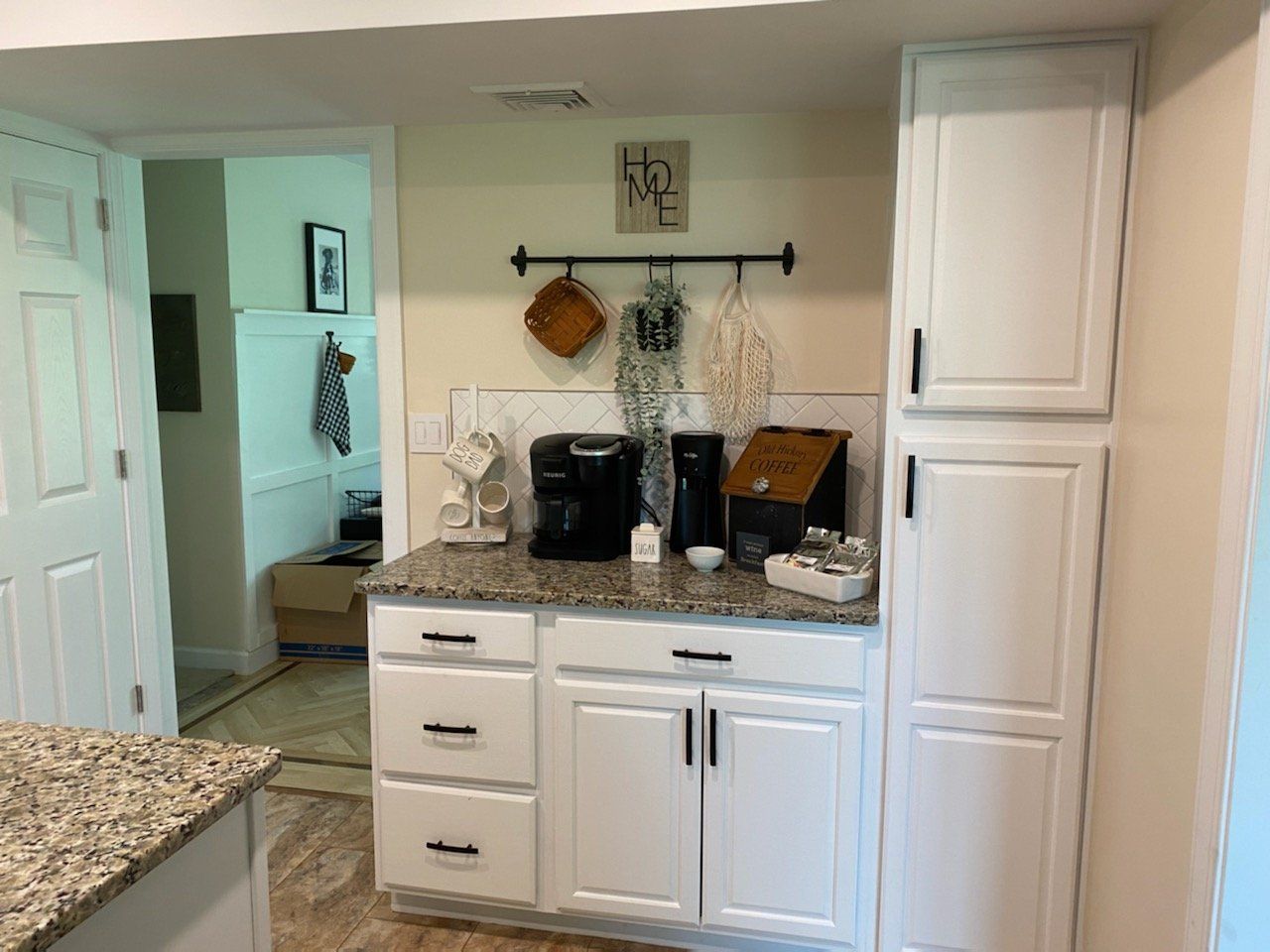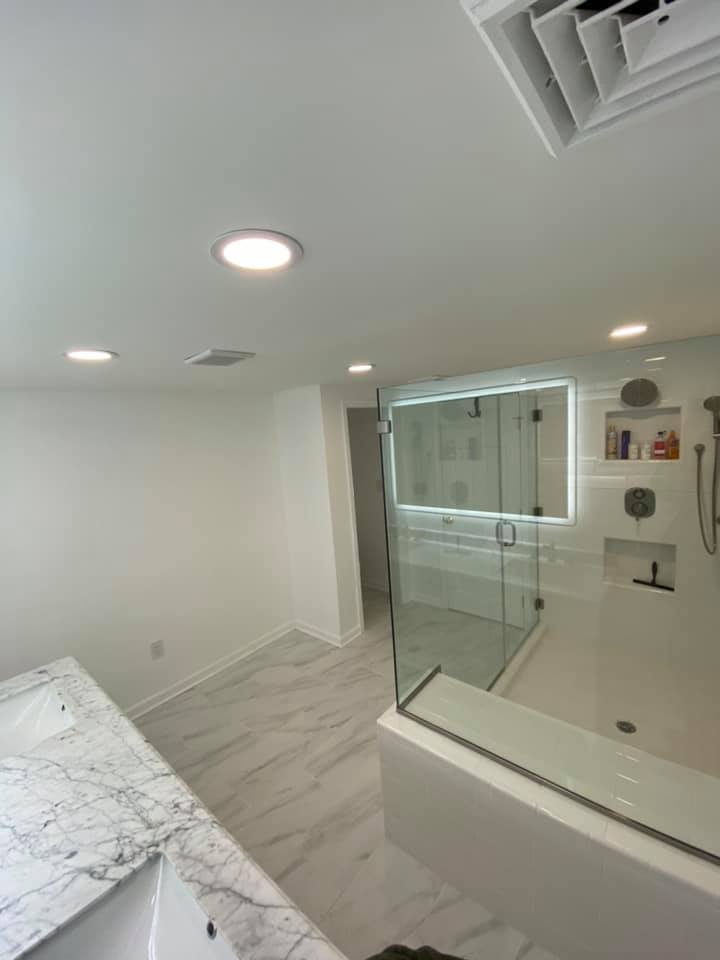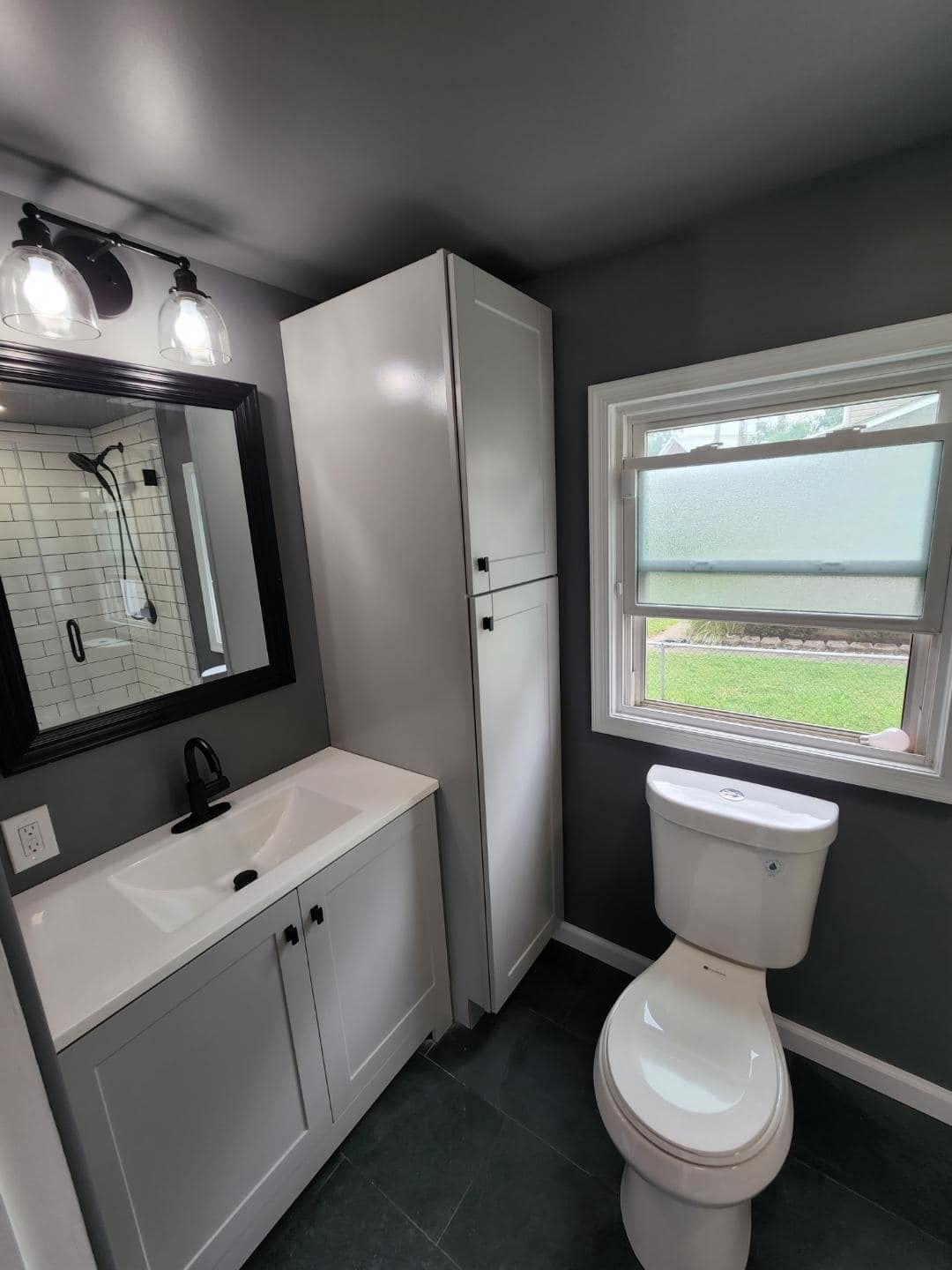A Practical Guide to Balancing Character, Comfort, and Modern Conveniences
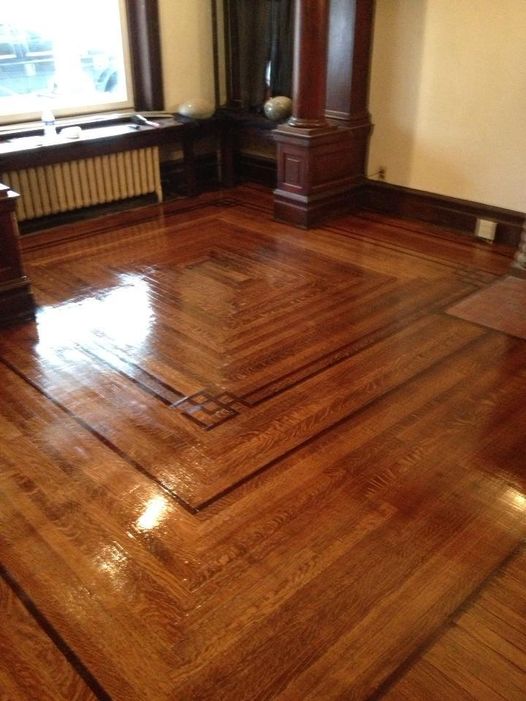
Thinking About Renovating a Historic Home? Let’s Dive In Together!
If you’ve ever stepped inside a historic home, you know there’s something magical about the creaky floors, tall ceilings, and timeless character. But with that charm often comes the need for a thoughtful renovation. Living in a historic property can be both exciting and challenging—you want to preserve the essence of the home while adding modern amenities that make life easier.
Here in the Lehigh Valley, many homes date back centuries, reflecting a rich architectural heritage. If you’re ready to transform one of these beauties into your dream residence (or if you already live in one and need an update), you’ve come to the right place. In this blog, I’ll share renovation ideas for historic homes, tips for navigating permits, and how to avoid common renovation mistakes along the way. Let’s get started!
1. Why Renovate a Historic Home in the First Place?
Before diving into the renovation process steps, it’s important to understand why taking on a historic home renovation is so rewarding (and worth the effort!).
- Preserving Architectural Legacy: Historic homes often showcase unique details—like stained glass windows, decorative woodwork, or stone facades—that you simply can’t find in modern builds.
- Boosting Property Value: A well-maintained historic home can be a gem in the real estate market. Buyers appreciate the blend of old-world charm and updated functionality.
- Embracing Community Pride: In places like Bethlehem and the broader Lehigh Valley, these older homes are part of the local identity. By renovating responsibly, you’re helping preserve the area’s character.
- Modern Comforts: Renovations allow you to install energy-efficient systems, upgrade plumbing and electrical, and improve your home’s layout—all while respecting its original design.
Renovating a historic home might feel like a balancing act, but with careful planning and the right renovation contractor, you can have the best of both worlds.
2. Laying the Groundwork: Research and Renovation Permits
Historic homes often come with specific rules about what you can and can’t change. In many cases, these properties fall under local historic district regulations or preservation guidelines. So, how do you navigate this?
- Check Local Regulations: Start by contacting your city’s historic preservation office. They’ll help you understand the renovation permits process and any restrictions on changes to your home’s exterior or interior.
- Gather Documentation: Look for original blueprints, photos, or records. These can guide you in preserving the home’s authentic features during the renovation.
- Hire a Specialist: Not all renovation companies are experienced in historic home upgrades. Seek out renovation experts who specialize in older structures—they’ll know the right materials, techniques, and best practices.
Pro Tip: Create a renovation planning checklist with all the required permits and deadlines. This will help you avoid headaches and keep your project on schedule.
3. Crafting Your Vision: Balancing Old and New
One of the biggest decisions you’ll make is how much of the original style you want to keep versus what modern updates you’ll add. Here are a few renovation concepts to consider:
- Restore vs. Remodel: Do you want to return the home to its original look (restore) or blend in contemporary features (remodel)? Sometimes, a mix of both is the perfect solution.
- Renovation Materials: When possible, use materials that match the home’s era—like reclaimed wood or vintage hardware. If exact matches aren’t available, opt for complementary styles that keep the overall aesthetic.
- Renovation Styles Comparison: For historic homes, design elements like crown molding, wainscoting, and classic fixtures can maintain the property’s charm. Meanwhile, modern kitchens or open-concept layouts offer more practicality.
Remember, your goal is to create a cohesive look that feels true to the home’s roots while ensuring it meets today’s standards for comfort and functionality.
4. Key Areas to Focus On: Kitchen, Bathroom, and Beyond
Historic homes were built for a different era—one without dishwashers, power showers, or giant fridges. Updating these core areas can drastically improve your daily life.
Kitchen Upgrades
- Layout: Many historic homes have smaller, closed-off kitchens. Consider opening up the space if it doesn’t compromise the home’s structure or original charm.
- Modern Appliances: Choose appliances that fit the scale of your home. A massive, ultra-modern fridge might clash with your vintage cabinetry, so look for designs with a more classic finish.
- Hidden Technology: If you’re keen on high-tech features, hide them behind custom panels or cabinet doors to maintain a timeless look.
Bathroom Updates
- Fixture Choices: Classic clawfoot tubs, pedestal sinks, or vintage-inspired faucets can preserve the home’s character.
- Tile Work: Subway tiles or mosaic patterns can nod to a historic era while still feeling fresh.
- Energy-Efficient Plumbing: Update pipes, install low-flow toilets, and add modern water heaters for comfort and sustainability.
Structural Enhancements
- Foundation Checks: Older homes might need extra attention to ensure the foundation is stable.
- Insulation: Many historic properties lack proper insulation. Blown-in or spray foam insulation can help regulate temperatures without altering the home’s appearance.
- Electrical and Plumbing: Updating these systems is essential for safety and efficiency. Always consult with a renovation contractor experienced in older homes to avoid damaging historical elements.
5. Renovation Timeline: Planning for Surprises
If there’s one thing I’ve learned about renovating older homes, it’s this: expect the unexpected. Hidden damage, outdated wiring, or structural quirks can slow down your renovation timeline. Here’s how to stay ahead:
- Build in Buffer Time: Add a few extra weeks (or months) to your renovation timeline to account for surprises.
- Renovation Budget Tips: Set aside a contingency fund—typically 10-20% of your total budget—for unforeseen costs like replacing rotted wood or upgrading ancient wiring.
- Stay Flexible: When something doesn’t go according to plan, take a deep breath, talk to your contractor, and adapt. Problems are easier to handle if you’re prepared for them mentally and financially.
6. Avoiding Common Renovation Mistakes in Historic Homes
Renovating a historic property can be a joy, but it’s also full of potential pitfalls. Keep these renovation tips in mind:
- Don’t Skip Professional Inspections: Hiring a structural engineer or historic home specialist can reveal hidden issues early on.
- Respect Original Features: If something’s in good shape—like a vintage fireplace or ornate trim—try to preserve it. These details are part of the home’s story.
- Mind the Codes: Failing to comply with local historic district rules or building codes can lead to fines or forced changes.
- Use Quality Materials: Cheap or mismatched materials can look out of place and harm your home’s integrity. Invest in options that stand the test of time.
7. Financing Your Historic Home Renovation
The costs of renovating a historic home can add up quickly, especially if you run into structural problems. Consider these strategies:
- Renovation Financing Advice: Look into home equity loans, renovation loans, or specialized historic property grants if available in your area.
- Tax Credits: Some local or state programs offer tax credits for preserving historic buildings. Check with your municipality or a local preservation society.
- Staged Renovations: If you can’t afford a massive overhaul at once, tackle the project in phases. This approach can also help you decide if certain changes are truly necessary.
8. Before and After: Celebrating Your Transformation
One of the most satisfying parts of renovating a historic home is seeing those dramatic before and after transformations. Don’t forget to:
- Document the Journey: Take photos and keep notes. You’ll be amazed at how far you’ve come.
- Share Your Story: Post your renovation inspiration blog, show off on social media, or invite friends over for a grand reveal.
- Enjoy the Results: Take time to appreciate how you’ve preserved a piece of history while making it truly yours.
Conclusion: Embrace the Charm of Historic Renovation
Renovating a historic home in the Lehigh Valley can be an incredible adventure. From navigating renovation permits to preserving architectural details, every step is a chance to learn and grow. With the right renovation planning, a reliable renovation contractor, and a clear vision of what you want to achieve, you’ll be well on your way to creating a home that honors its past while embracing the comforts of today.
If you’re feeling inspired (and maybe a little nervous—that’s normal!), remember that help is always around the corner. At MAS Home Improvement, we understand the unique challenges and rewards of working on older properties. Together, let’s keep the legacy of these homes alive for generations to come.
We bring pride and passion to every project that we undertake, with a professional team of designers, project managers and tradespeople.
Company
Services
Contact
All Rights Reserved | MAS Construction & Remodeling
Proudly Powered by RuFire Media

